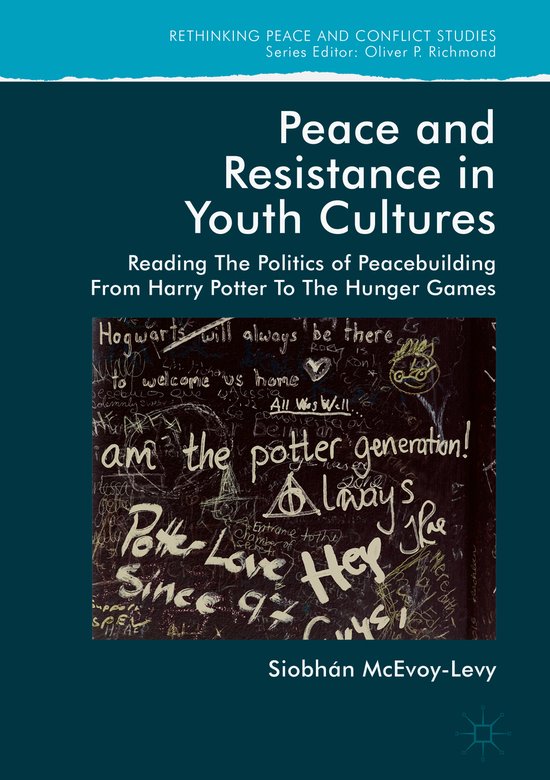This book offers a rationale for and ways of reading popular culture for peace. It argues that we can improve peacebuilding theory and practice through examining popular culture’s youth revolutionaries and their outcomes - from their digital and plastic renderings to their living embodiments in local struggles for justice. The study combines insights from post-structural, post-colonial, feminist, youth studies and peace and conflict studies theories to analyze the literary themes, political uses, and cultural impacts of two hit book series – Harry Potter and The Hunger Games – tracing how these works have been transformed into visible political practices, including social justice advocacy and government propaganda in the War on Terror. Pop culture production and consumption help maintain global hierarchies of inequality and structural violence but can also connect people across divisions through fandomparticipation. Including chapters on fan activism, fan fiction, Guantanamo Bay detention center, youth as a discursive construct in IR, and the merchandizing and tourism opportunities connected with The Hunger Games, the book argues that through taking youth-oriented pop culture seriously, we can better understand the local, global and transnational spaces, discourses, and the relations of power, within which meanings and practices of peace are known, negotiated, encoded and obstructed.
